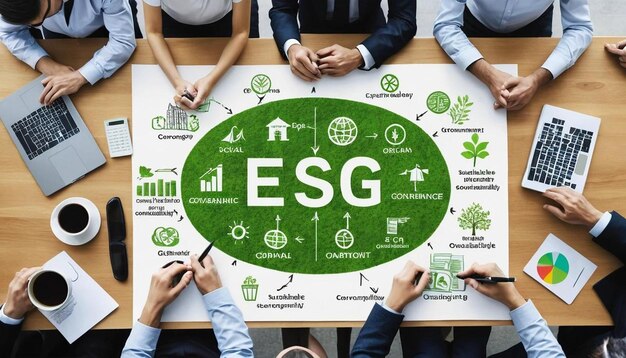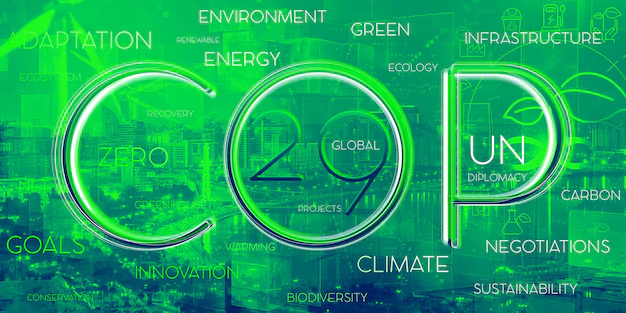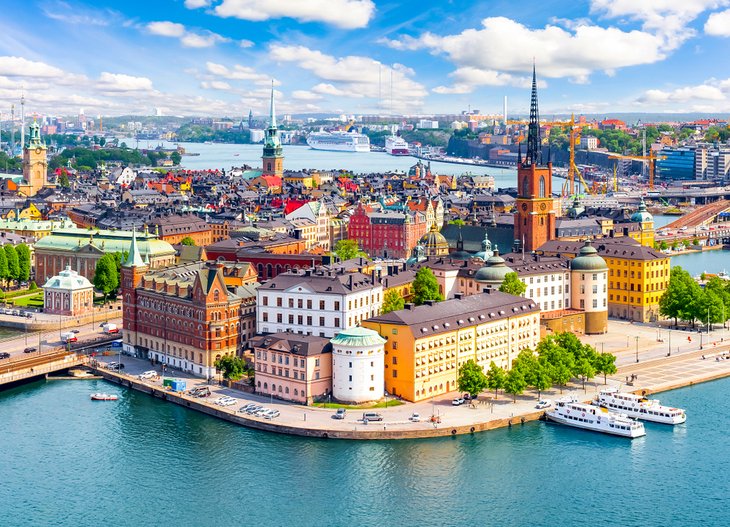The Future of Hospitality
Waste Reduction & Energy Efficiency in Top Hotel Brands

Introduction
Sustainability is no longer a niche concept in the hospitality industry—it is a necessity. As travelers increasingly prioritize eco-friendly accommodations, leading hotel brands are stepping up with innovative waste reduction and energy efficiency initiatives. This blog explores how top hotel chains are redefining sustainability, implementing cutting-edge solutions, and setting new industry standards.
1. The Growing Importance of Sustainability in Hospitality
Hotels are among the most resource-intensive businesses, consuming significant amounts of energy, water, and materials. With the hospitality sector contributing substantially to global carbon emissions, adopting sustainable practices is critical. Leading hotel chains are now integrating Environmental, Social, and Governance (ESG) strategies to align with global sustainability goals.
2. Waste Reduction Initiatives in Leading Hotel Chains
Food Waste Management
a). AI-Powered Inventory Tracking: Major brands like Marriott International and Hilton Hotels have adopted AI-driven food tracking systems to minimize over-purchasing and waste.
b). Composting and Donations: Hotels are partnering with local charities and composting programs to repurpose surplus food.
Plastic Reduction & Recycling
a). Eliminating Single-Use Plastics: IHG Hotels has removed plastic straws and mini toiletries, replacing them with bulk dispensers.
b). Sustainable Packaging & Upcycling: Brands like Accor Group are shifting to biodegradable packaging and repurposing hotel waste into furnishings and decor.
3. Energy Efficiency Strategies in Hospitality

Smart Energy Management Systems
a). IoT & Automation: Hilton’s LightStay Program leverages IoT sensors to optimize energy consumption, reducing carbon emissions across its properties.
b). Renewable Energy Investments: Chains like Marriott and Hyatt are installing solar panels, wind turbines, and geothermal energy systems to power their hotels sustainably.
Water Conservation Initiatives
a). Low-Flow Fixtures & Rainwater Harvesting: Four Seasons and Radisson Hotels have implemented water-efficient systems, reducing water waste significantly.
b). Greywater Recycling: Used in landscaping and non-potable operations, helping hotels conserve resources.
Green Building Certifications
a). LEED & BREEAM Certifications: Hotels like The Ritz-Carlton and Wyndham are adopting globally recognized sustainable building certifications to minimize their environmental impact.
4. The Role of Technology in Driving Sustainability
Technology is at the heart of sustainability efforts in hospitality, enabling data-driven decision-making and real-time tracking.
a). AI & Predictive Analytics: Hotels are using AI to forecast energy use and optimize resource allocation.
b). Blockchain for Supply Chain Transparency: Ensuring ethically sourced materials and sustainable operations.
c). Digital Guest Engagement: From paperless check-ins to smart room controls, technology is improving both sustainability and guest experiences.
5. Case Studies: Leading the Sustainable Hospitality Movement
Marriott International
a). Achieved a 30% reduction in carbon footprint per room through energy-efficient technologies.
b). Implemented AI-based food waste tracking, reducing waste by 50% in key locations.
Hilton’s “Travel with Purpose” Program
a). Reduced energy use by 40% across its global portfolio.
b). Committed to achieving zero soap waste through recycling programs.
Accor’s “Planet 21” Sustainability Plan
a). Aims for net-zero emissions by 2050 through renewable energy investments.
b). Eliminated all single-use plastics across its properties worldwide.
6. How WOCE Supports Sustainability in Hospitality

At World of Circular Economy (WOCE), we provide innovative solutions to help hotels measure, manage, and reduce their carbon footprints. Through esgpro.ai, hospitality businesses can:
1. Track real-time sustainability metrics across multiple properties.
2. Automate ESG reporting to comply with global sustainability standards.
3. Offset carbon emissions by investing in verified green projects.
Beyond ESG reporting, WOCE has successfully conducted numerous Carbon Neutral Events, ensuring that sustainability is seamlessly integrated into hospitality experiences. By calculating emissions, offering verified carbon offset solutions, and providing transparent impact reports, WOCE helps hotels and event organizers take measurable action toward net-zero goals.
From sustainable supply chain practices to carbon neutrality certifications, WOCE empowers hospitality brands to lead the way in responsible tourism and eco-friendly guest experiences.
Conclusion
The future of hospitality is sustainable, efficient, and innovative. As leading hotel brands continue integrating waste reduction and energy efficiency strategies, they are not only minimizing their environmental impact but also enhancing guest experiences and operational savings. By embracing technology, ESG frameworks, and circular economy principles, the industry is on the path toward a greener, more responsible future.
Are you ready to make your hotel more sustainable? Contact WOCE today to explore how our solutions can support your ESG journey at contact@worldofcirculareconomy.com




